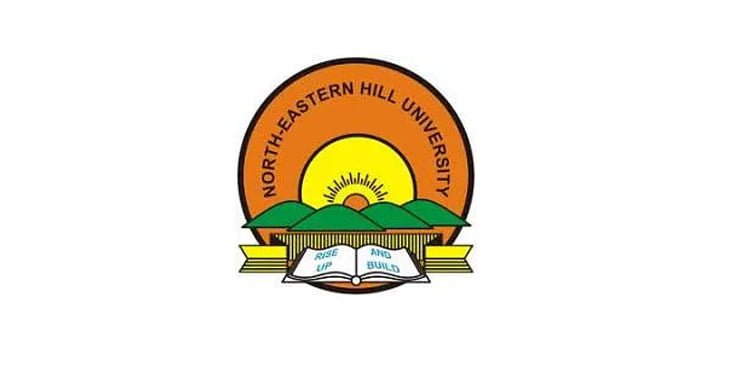An international webinar on “Permafrost Research: Opportunities and Scope in India” was organised by the Department of Geology, NEHU on Saturday.
The webinar was organised in association with Permafrost Young Researchers Network (PYRN) an International organisation established under the patronage of the International Permafrost Association (IPA).
Prof. Devesh Walia, HoD, Geology Department, NEHU welcomed the participants of the webinar and spoke about the importance of research in the field of permafrost with special reference to the Himalayan region.
The adverse effect of climate change on the permafrost is one of the most important fields of research in the current situation, Prof. Walia said and informed about the newly established Department of Geology in NEHU which will collaborate with institutes and organizations around the world to promote research in the field of Geosciences.
Dr. Rasik Ravindra, Former Director, National Centre for Polar and Ocean Research, Goa in his keynote address introduced permafrost including its distribution in the world as well as in the Himalayan region, impact of climate change on permafrost and how the thawing of the permafrost has adverse effects on the population of settlement areas.
He emphasised on permafrost research and that its importance with the aim to protect, conserve and have better knowledge of the permafrost.
PYRN Executive Committee vice president, Adam Kirkwood spoke about all the programmes and projects running under PYRN.
Prof. A.D. Ahluwalia, Former Head of Centre of Advanced Studies in Geology, Punjab University, Chandigarh emphasized on the knowledge about the permafrost by focussing on the enhanced tourism in permafrost areas of the world especially in the Himalayan Region. Tourism can be used to better educate the people and thus helping in the publicity of the problems which needs to be addressed. The understanding of the permafrost areas may also help averting disaster in the mountainous areas, he said.
The lecture on Tunnel Deformation, its geological condition and support systems in the Himalayan Region was delivered by Dr. Aejaz Ahmad,Deputy General Manager, Geology & Geotech in Intercontinental Consultants and Technocrats, New Delhi. He gave an overview of the difficulties faced by the geotechnical engineers working in Permafrost regions of the Himalayas while constructing tunnels. He spoke in details about the special techniques and mechanism used to do tunnelling in Himalayan regions. He shared the experiences while constructing one of the longest and highest tunnels in the Jammu and Kashmir region.
A special lecture was delivered by Dr. Carla Tapia Baldis from the IANIGLA – CONICET, Argentina. She discussed about the ground ice estimations in the Southern Andes. In her lecture she described the techniques for estimating the ground ice cover of the southern parts of Andes mountains using satellite imageries and GIS techniques.
























